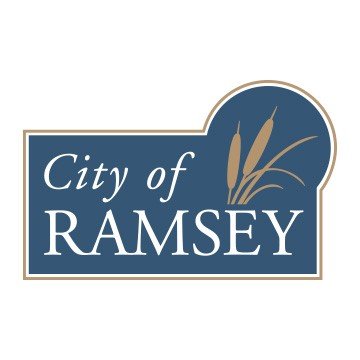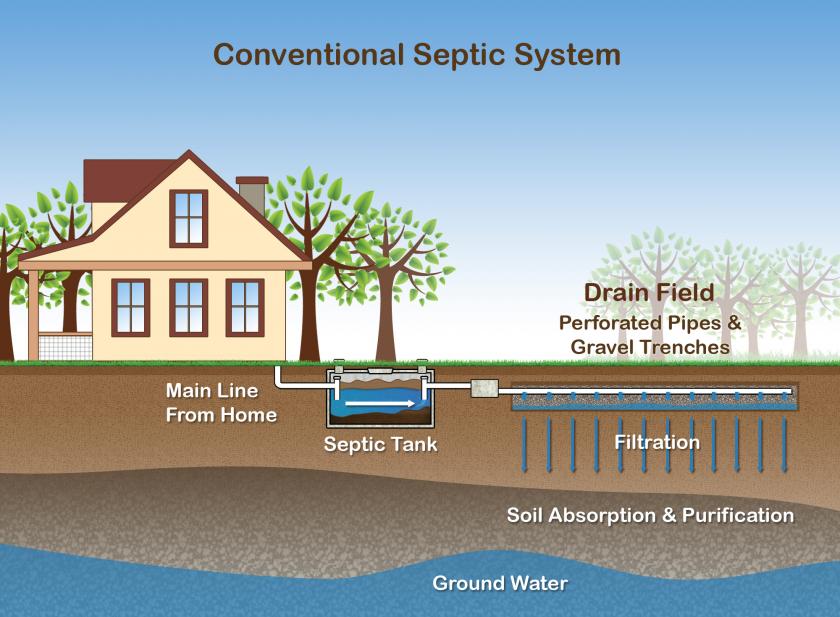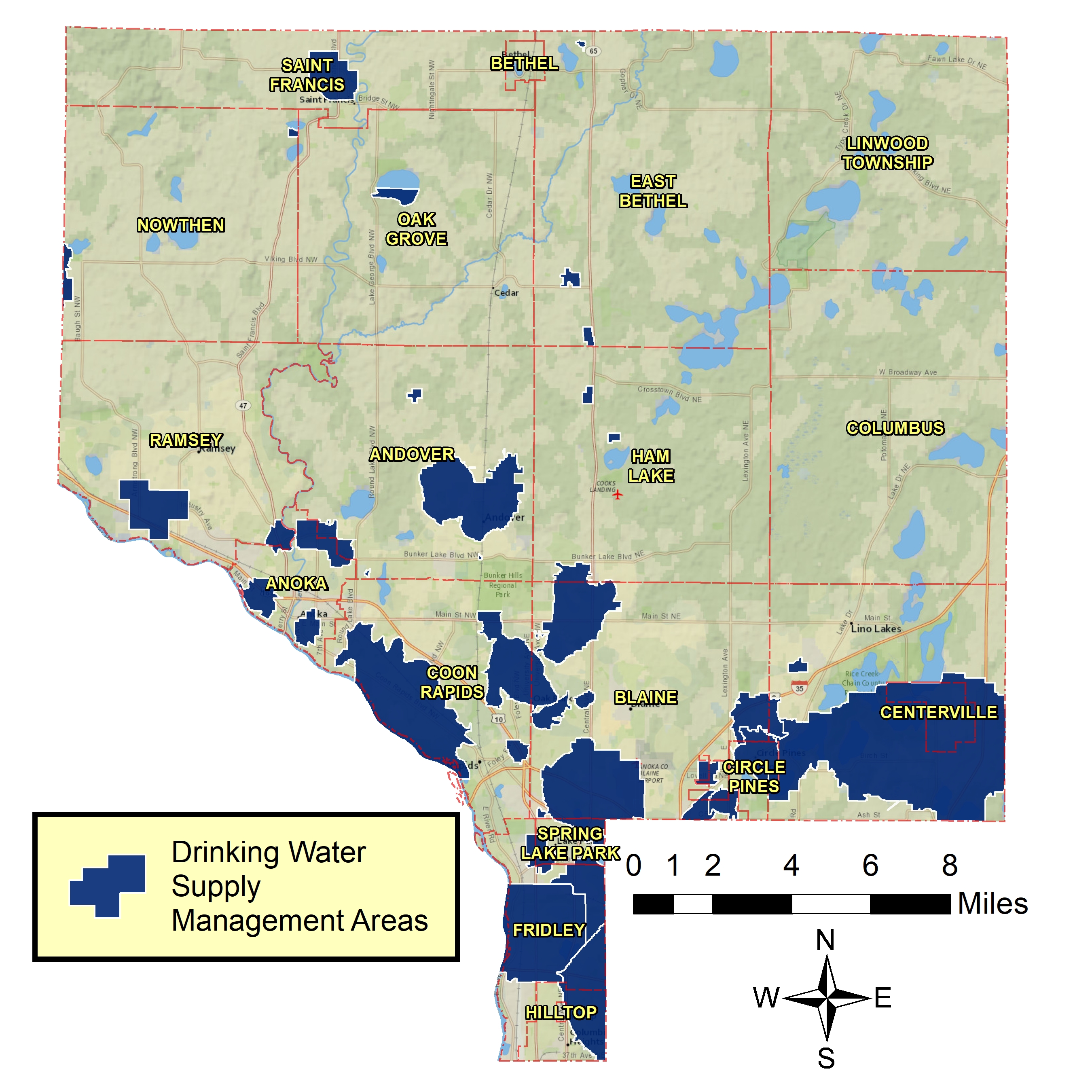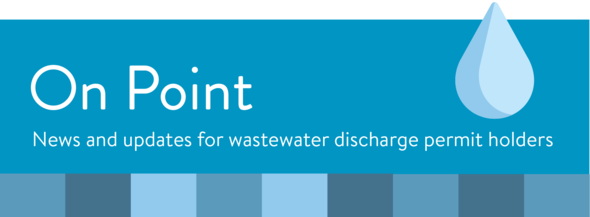The Anoka County Well Water Testing program will continue to operate on a limited basis. Water samples for sanitary analysis (bacteria and nitrates) will be accepted on the last Monday (1-4 pm) and Tuesday (9-11:30 am) of each month until further notice. Water samples for other analyses (arsenic, manganese, lead, etc.) will not be accepted at this time. An appointment and pre-payment over the phone are required. Please see the full details below. The upcoming dates and times for water sample collection are:
- Monday, September 28th, 1-4 pm
- Tuesday, September 29th, 9-11:30 am
- Monday, October 26th, 1-4 pm
- Tuesday, October 27th, 9-11:30 am
The drop-off table will be located on the 1st floor of the Anoka County Government Center near the main door.
Below are the criteria for dropping off a sample:
- Sample kits (sample collection bottle and blue sampling sheet with instructions) must be obtained ahead of time. No kits will be available on the drop-off days. Kit locations are listed below.
- A drop-off appointment must be made by calling ahead and paying in advance with a credit card over the phone. No cash or checks allowed, and no credit cards will be accepted the day of drop-off. Call (763) 324-4260 to make an appointment and pay.
- The blue sampling sheet must be completed ahead of time. No pens will be available to use at the drop-off table.
- Specific water-related questions can be directed ahead of time to Abby Shea at (763) 324-4207.
- Only samples for sanitary analysis (bacteria and nitrates) will be accepted at this time. If other testing is desired, it can be performed at a later date or a private laboratory can be recommended.
- Social distancing guidelines must be respected, and masks are required. Rules of the drop-off area must be followed.
Water test kits are currently available at the following locations:
- Andover City Hall
- Blaine Public Works (1801 101st Ave NE, Blaine; (763) 785-6165 – please call ahead)
- Centerville City Hall (in the vestibule)
- East Bethel City Hall
- Ham Lake City Hall (call and they will set one out for you: (763) 434-9555)
- Linwood Township Hall
- Oak Grove City Hall
- Ramsey City Hall
- St. Francis City Hall
Feel free to call additional city halls to see if they can provide a water test kit.



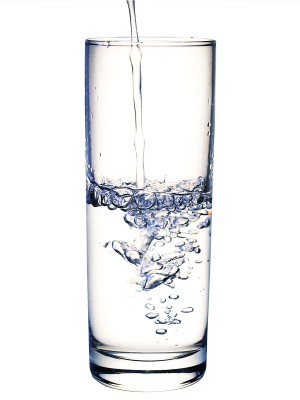
 September 23rd, 2020
September 23rd, 2020  knowtheflow
knowtheflow 
